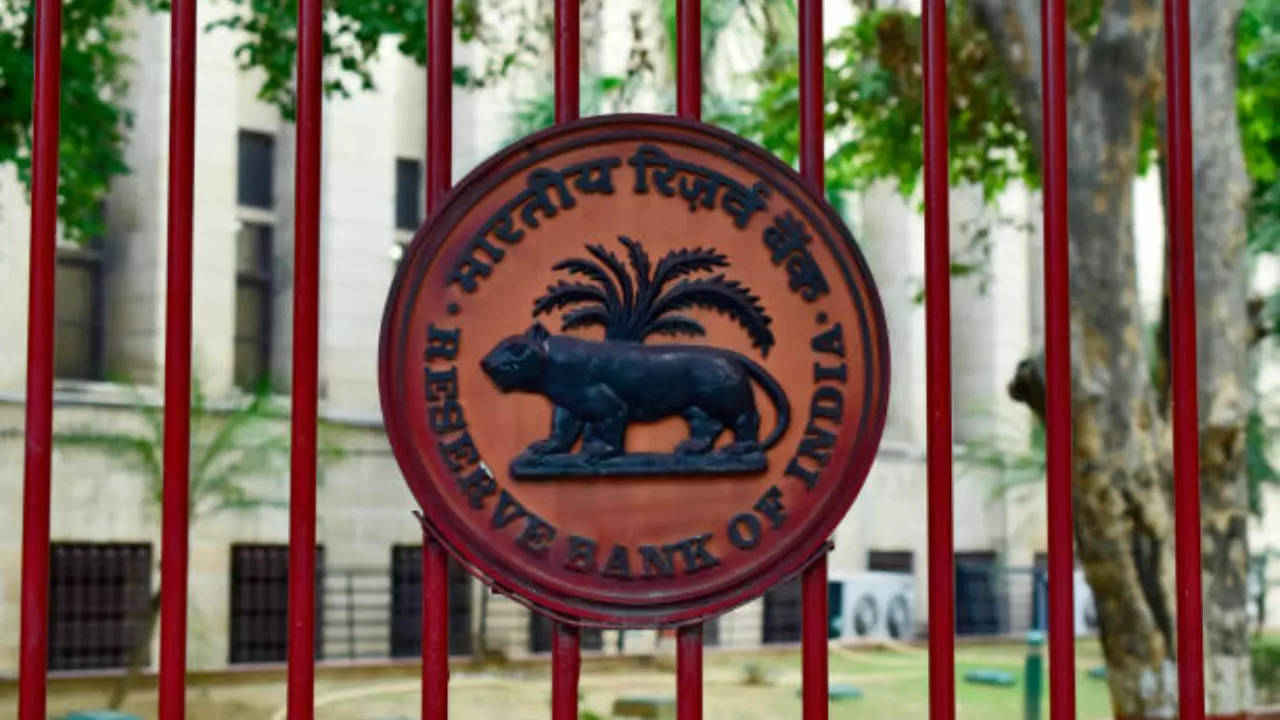The Reserve Bank of India (RBI) asked banks to give defaulting borrowers enough time before categorizing them as ‘fraud accounts‘ following a Supreme Court judgment last year.
The central bank has directed lenders to provide a show-cause notice to fraudulent entities with complete information about the fraud and not “not less than 21 days” to respond before their account is classified as a fraud account.
The Supreme Court had ruled in March 2022 that banks cannot unilaterally declare an account as fraud without giving the defaulter the right to be heard.
The apex court stated that principles of natural justice demand that borrowers must be served a notice giving an opportunity to explain the conclusion of the forensic audit report and be allowed to represent themselves in front of the lenders before their account is classified as fraud under the master directions.
The RBI has also mandated that banks review their fraud risk management policy at least once every three years, and establish a special committee of the board to monitor and follow up on fraudulent cases.
Furthermore, banks must have a framework for Early Warning Signals (EWS) and Red Flagging of Accounts, where indicators suggest potential fraudulent activity, as part of their overall risk management policy.
Banks are required to identify appropriate indicators of fraud to strengthen their EWS system, according to the RBI’s revised directions. These measures aim to ensure that defaulting borrowers are given a fair chance to explain their situation before being classified as fraudulent, while also enhancing banks’ ability to detect and manage fraud risks effectively.
The central bank has directed lenders to provide a show-cause notice to fraudulent entities with complete information about the fraud and not “not less than 21 days” to respond before their account is classified as a fraud account.
The Supreme Court had ruled in March 2022 that banks cannot unilaterally declare an account as fraud without giving the defaulter the right to be heard.
The apex court stated that principles of natural justice demand that borrowers must be served a notice giving an opportunity to explain the conclusion of the forensic audit report and be allowed to represent themselves in front of the lenders before their account is classified as fraud under the master directions.
The RBI has also mandated that banks review their fraud risk management policy at least once every three years, and establish a special committee of the board to monitor and follow up on fraudulent cases.
Furthermore, banks must have a framework for Early Warning Signals (EWS) and Red Flagging of Accounts, where indicators suggest potential fraudulent activity, as part of their overall risk management policy.
Banks are required to identify appropriate indicators of fraud to strengthen their EWS system, according to the RBI’s revised directions. These measures aim to ensure that defaulting borrowers are given a fair chance to explain their situation before being classified as fraudulent, while also enhancing banks’ ability to detect and manage fraud risks effectively.
